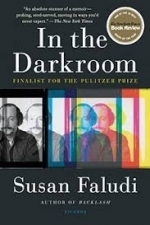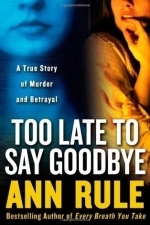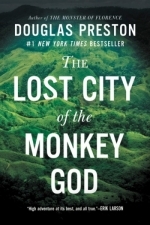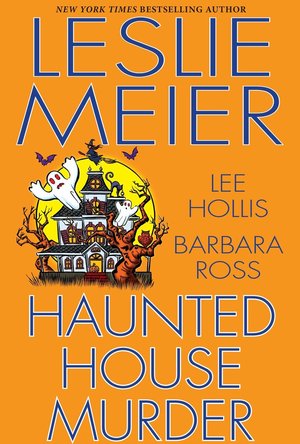Mark @ Carstairs Considers (2474 KP) rated Haunted House Murder in Books
Aug 30, 2019
As you might expect in a collection of stories by various authors, some are stronger than others. Personally, I found the opening story to be the weakest – I think it might have worked as a short story, but even as a novella is was too long. The middle story was better, with some fun scenes and a good twist to the mystery. I adore Barbara Ross’s Maine Clambake mysteries, so it was the reason I picked up the book. It also means I found the third story to be the best, with some good twists and a very fun sub-plot. While each story has plenty of fall atmosphere, these stories aren’t that spooky – they are by cozy mystery authors after all. Still, fans of these authors will enjoy picking up the book.

Boompi - Meet people & gossip with friends
Lifestyle
App
Boompi is a new fun way to discover interesting people nearby together with your friends’ opinion...

Xceed - Clubs, DJs & Tickets
Lifestyle and Entertainment
App
• Apple TOP 100 Apps of 2016 in the World • The night is yours! Go out and discover the best...

CitiDirect BE® Tablet
Finance
App
CitiDirect BE® Tablet is an essential new tool in the CitiDirect BE® user’s digital workflow. ...

The Blockheads
Games
App
"On an iPhone or iPad, the 2-D, side-scrolling block-based sandbox is a winning formula, and The...

Shapr: Connect with people, meetups & networking
Business and Social Networking
App
Shapr is a personalized, mindful way of networking. Based on your interests and experience, we...

In the Darkroom
Book
From the Pulitzer Prize-winning journalist and best-selling author of Backlash, an astonishing...
Biography memoir social issues

Beach Buggy Blitz
Games
App
"Beach Buggy Blitz is an absolute triumph in iOS racing and will keep players glued to the screen" -...

Too Late to Say Goodbye
Book
Jenn Corbin, a lovely, slim, brown-eyed blonde, appeared to have it all: two dear little boys, a...

The Lost City of the Monkey God
Book
The #1 New York Times and #1 Wall Street Journal bestseller! A five-hundred-year-old legend. An...
History archeology
